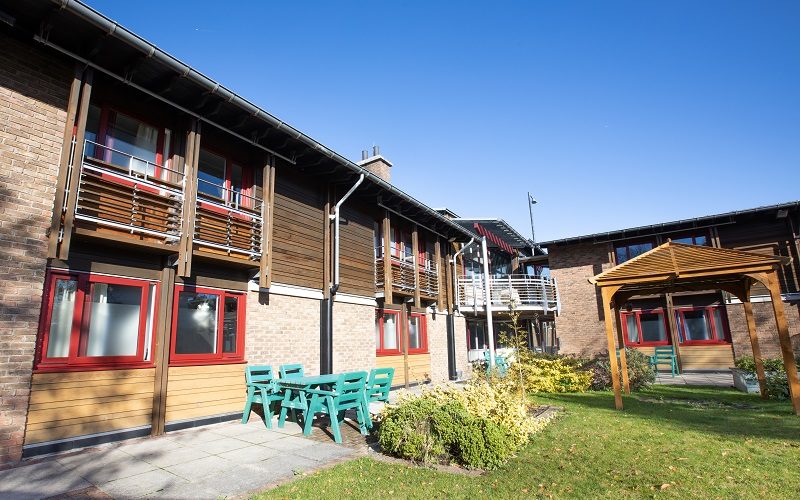
Remaining goal focussed and led by an experienced clinical team this unit will engage service users and support them to reintegrate back into the community over a 12 to 18 month period when behaviours that challenge remain an integral part of their presentation.
As part of the extensive neuropsychiatric treatment, care and rehabilitation pathway at Cygnet Brunel, the Community Reintegration unit will support service users stepping down from other units located in Cygnet Brunel, as well as accepting external referrals for individuals looking to take the next step in their Neuropsychiatric rehabilitation pathway.
Whilst located within the hospital setting Yawl will offer a less restrictive pathway with a clear focus on accessing the community and maximising opportunities for those individuals needing a longer period of time to reach their goals around independence and community living.
Access to the wider experienced hospital clinical team will still be available through our Cygnet Brunel’s internal referral processes with occupational therapy and support workers providing daily input to the programmes set with service users.
Stephanie Coxon, Hospital Manager, said, “Yawl adds to our existing provision, by enabling those service users who are in need of slower paced rehabilitation in a setting that is designed to mirror community living. Individuals can progress through our independent living pathway at their own pace developing the skills needed to move back into the community. The service recognises that individuals may still present with behaviour that challenges but we will be there to support them every step of the way.”